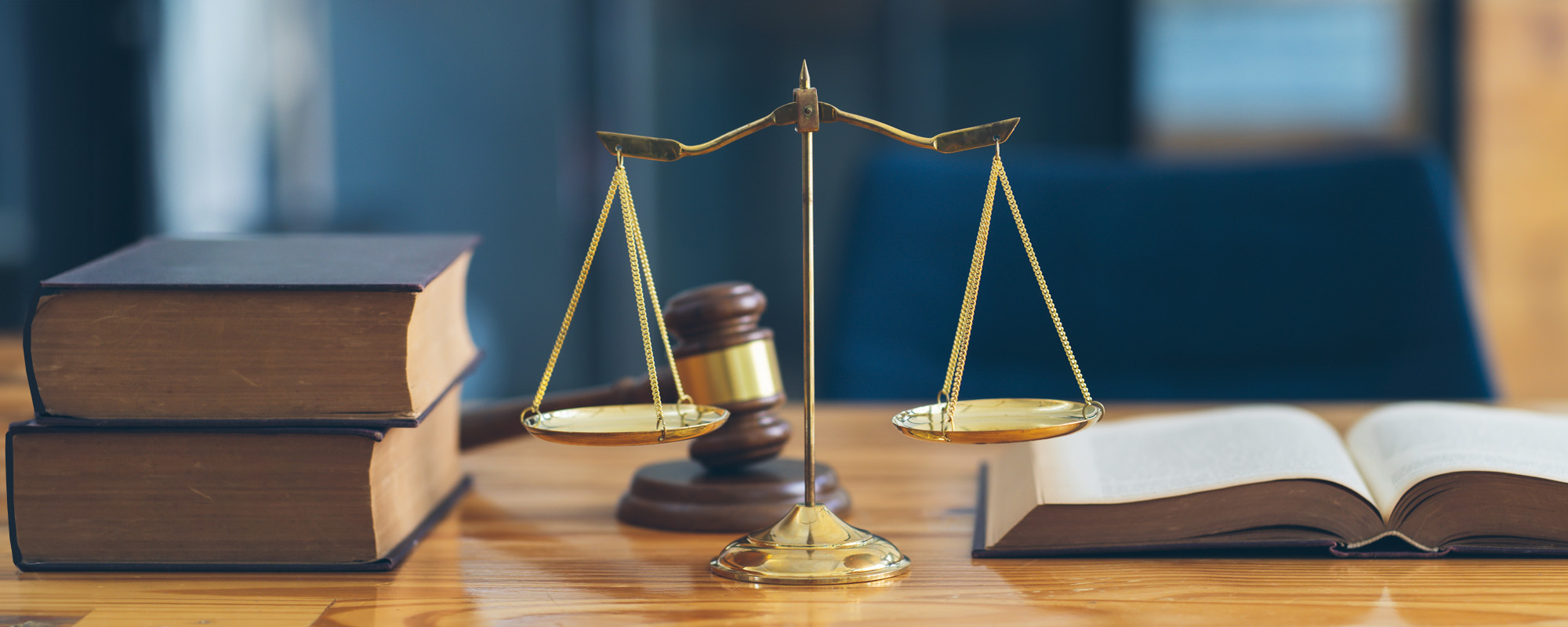
After an accident, you may decide to pursue legal action to receive compensation for various expenses and damages. If you were involved in an accident it is crucial to understand how negligence can affect a personal injury case. Speak to a New York injury lawyer about your legal rights and options, as well as what is required to establish negligence during your case.
What is Negligence?
Negligence is a legal theory that determines which individual or individuals are responsible for an accident. When a person is negligent they fail to exercise reasonable care that someone should under similar circumstances. This theory forms the basis of personal injury cases because it establishes whether or not one party is legally responsible for the other party’s injuries and damages.
How is Negligence Determined?
Proving negligence in court is paramount in ensuring you are awarded the compensation you deserve. Negligence can be determined by the plaintiff demonstrating a few important factors.
- Duty of care: To establish negligence it must first be proven that the defendant owed you a legal duty of care. For example, doctors have a legal duty to their patients and drivers have a duty to operate their vehicles responsibly on the road.
- Breach of duty: Once it is determined that the other driver had a duty to you it must be shown that they breached the duty. This is done by showing that they did not take action that a reasonable person would have in that situation.
- Causation: The plaintiff must also show that the defendant’s breach of duty directly caused their injuries and damages or that they could have foreseen how their actions would have resulted in an accident.
- Damages: Finally, there must be evidence that the plaintiff suffered actual damages. This can include physical injuries, medical expenses, emotional distress, lost wages, and more. These damages can be compensated by the court.
How Does Negligence Impact My Case?
Negligence is crucial in personal injury cases because it establishes whether or not the defendant is held liable for compensating the plaintiff. Without proof of negligence, the victim will not be paid and the defendant will get away with their behavior.
When negligence is proven through evidence, the defendant will likely be responsible for compensating the victim for their expenses. The damages they are liable for vary depending on the severity of the injuries and the circumstances of the case.
What Damages Can Be Collected in a Personal Injury Case?
If you were the victim of an accident you may be able to file a claim or lawsuit against the liable party. Successfully establishing negligence can result in you receiving compensation for the following damages.
- Medical expenses
- Property damage
- Loss of income from time taken off work
- Pain and suffering
- Disability
Compensation for the above and more can all be collected with the help of a skilled attorney. Reach out to a personal injury lawyer today for more information.

